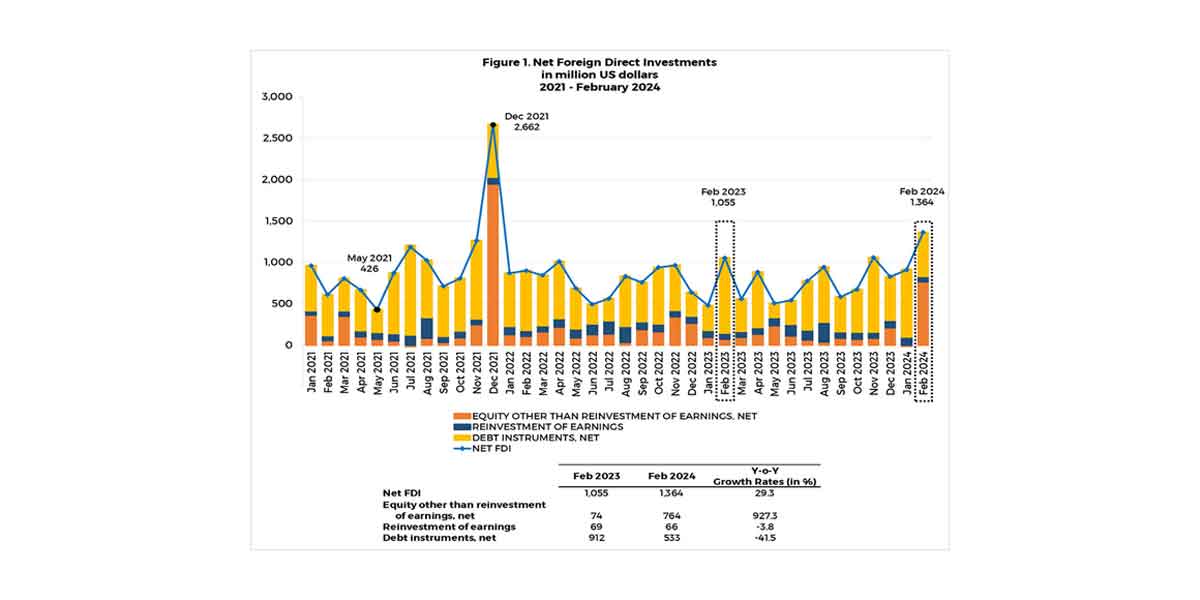By Prof. Enrique Soriano
Strategic-planning season is here and as always the last quarter of every year is predictably the busiest for me and my team. This pandemic season is no exception. In fact, the frequency of advisory work has doubled. Managers are now facing the most profoundly uncertain times in their careers and senior executives are creating disaster scenarios that would have been unthinkable until recently and making the preservation of cash integral to their strategies. With the roller coaster economy and the restrictive lockdowns a going concern, cash is definitely king!
In the aftermath of the economic crisis brought by this pandemic, most businesses, regardless of scale and prominence, are left exhausted. The extreme pressure to make miracles happen in such a short time will leave even the best minds with sufficient resources into a temporary pause. However, in our experience with this crisis, it’s been proven that action keeps permanent failure at bay.
Building the company’s resilience over the next few months is pivotal in determining its future. The initial disruption of the crisis has passed but the real battle lies ahead; companies are looking to strengthen their foundations so that when a challenge like this appears again, they will be ready.
With the promise of new adversities and opportunities that are already taking shape, it’s important to develop strategies that will prepare your organization in effectively navigating the new normal. Strategic planning gives your organization a clear direction that can help minimize damage and maximize results; increasing the chances of long-term success.
Plan, Plan and Plan
In my experience in Asia doing a lot of business turnaround work, initiating strategic planning is indispensable now that we are still being ravaged by this extraordinary VUCA (volatile, uncertain, complex, and ambiguous) event that most of us have never experienced in our lifetimes. The crisis brought a major shift into the current business landscape and the familiar and conventional ways that have worked then will certainly be rendered obsolete in the new normal. To ride the wave of recovery that’s coming, business owners and key leaders must evaluate, question, and rebuild the framework in which their business operates.
An effective strategic planning session provides the needed avenue where these hard questions are raised which will then open new alternatives for growth. Once past business practices have been revisited and reassessed and innovative ideas are cultivated and developed, the result will be a solid strategic plan that touches on the short-term and long-term survival of the business. It will serve as a plan of action to address current problems such as increasing profit, improving customer satisfaction, and such; however, it can also provide guidance on the company’s future by identifying points of future growth, developing programs and succession plans that will ease the transition to the next generation, and of course, determining the steps on how we get there.
But businesses must remember that a certain degree of flexibility should be adopted. Formulating a concrete and immovable strategic plan forces your business to rigid structures that can crumble as soon as another unseen threat rises to the surface. It is always smart to allow some room in your plan so that you can adjust the course when necessary. As soon as a clear roadmap is established through this strategic plan, commitment from everyone will soon be assured. It will be tough and as a matter of fact, the future can be harsher than what we’ve already experienced but those who take the initiative to respond to the times will be in a better position compared to those who sat back and never gained momentum.

















